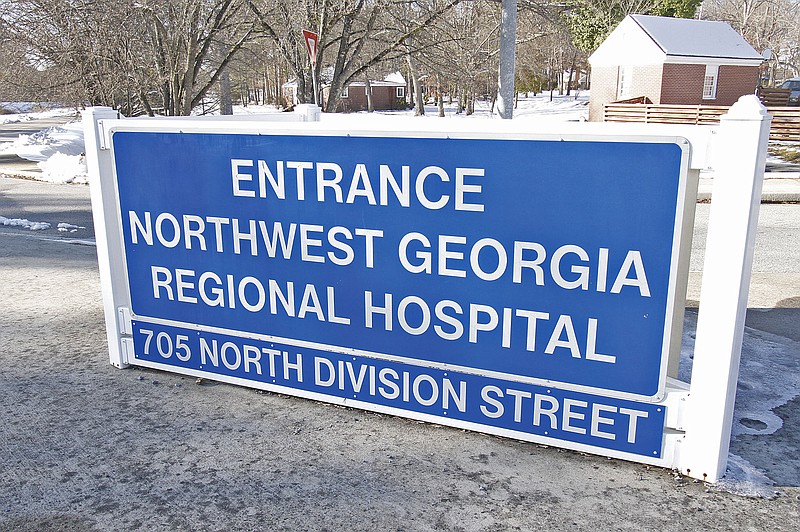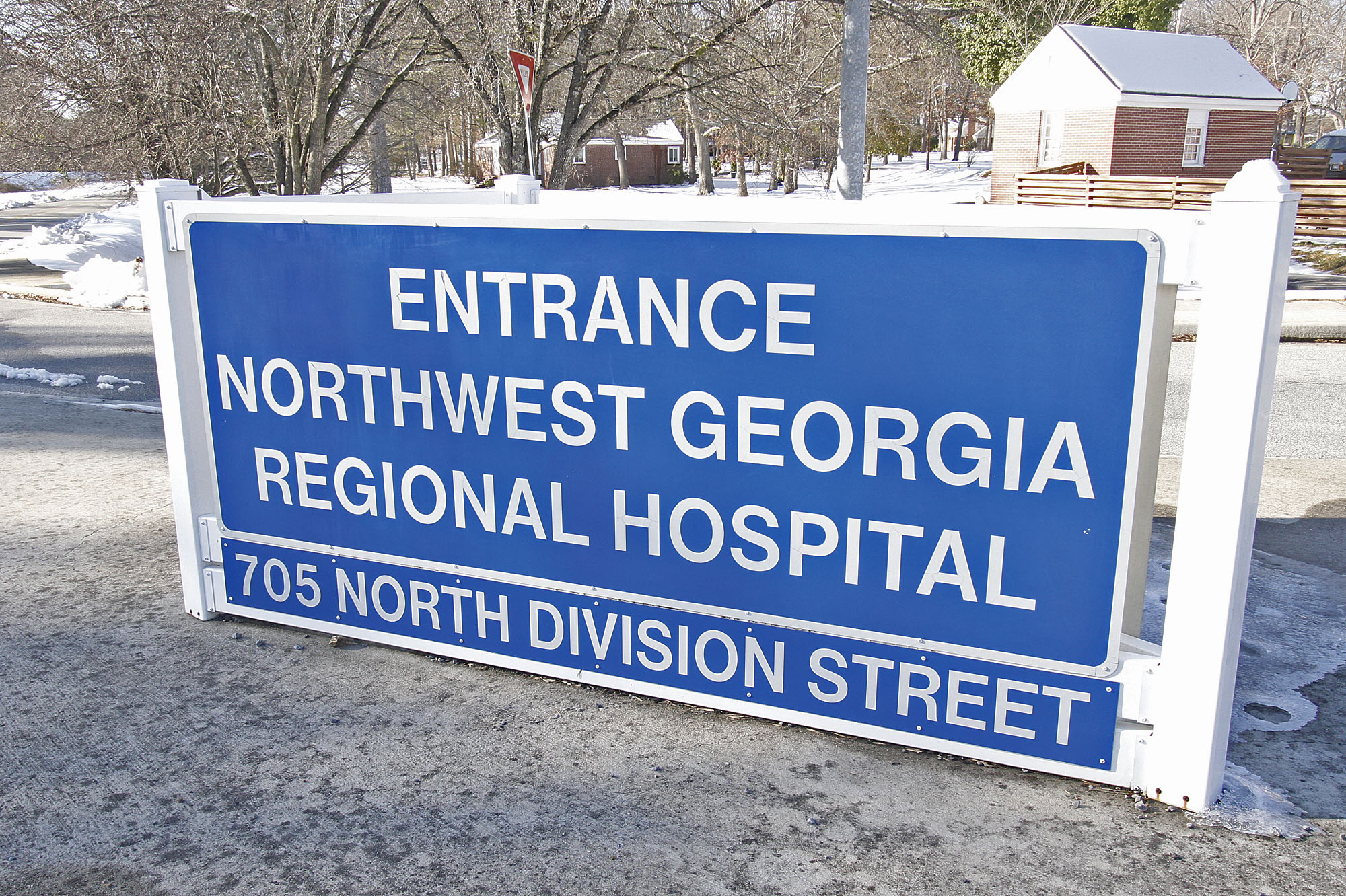When a Northwest Georgia mental health hospital closes next month, experts say the ripples will be felt around the region - from lost jobs to homeless rates and jail populations.
"It's going to impact our region," said Bonnie Moore, a board member for the Georgia Chapter of the National Alliance on Mental Illness. "We don't know to what extent."
Northwest Georgia Regional Hospital in Rome will close June 30, ending its time as the hub for psychiatric help in North Georgia. The hospital had more than 750 workers and held about 180 patients.
Tom Wilson, a spokesman for the state Department of Behavioral Health and Developmental Disabilities, said the number of patients already has been reduced to about 60 as the state looks to find community-based services to care for the mentally ill.
"The idea is to put into place community services that prevent people from needing to go to the hospitals," he said. "Our goal is to put ourselves out of the hospital business."
Wilson said the decision, sparked in part by a settlement with the U.S. Department of Justice, is to allow patients to be treated at home and find suitable housing and work in their local communities.
"That's the best practice," Wilson said. "That's the trend from across the nation."
Experts say Georgia had been moving slowly in that direction, but the move was hastened by an investigation and settlement last year that involved the Rome hospital.
A 2009 investigation by the U.S. Department of Justice noted that "significant and wide-ranging deficiencies exist" in the hospital's provision of care. Among the findings, investigators stated that the hospital failed to "ensure the reasonable safety" of patients, failed to provide adequate treatment, did not offer proper discharge planning and engaged "in the inappropriate use of seclusion and restraints."
In October, the state and the Justice Department worked out a settlement to close the Rome hospital and others like it around the state by 2015.
But mental health advocates such as Moore say the hospital was still one of the state's best and the process of closing it is being rushed. She said the hospital was on the cutting edge of some recovery techniques.
"They have been pretty proactive for their patients, in all reality," she said.
County leaders and law enforcement officers in North Georgia worry that many of the hospital's former patients might wind up in jail.
"If they do limit their services then, of course, law enforcement could have to deal with those people more often," said Maj. Gary Sisk with the Catoosa County Sheriff's Office.
Catoosa is one of more than 30 counties that sent suicidal inmates, defendants who pleaded insanity and other potentially dangerous people to the hospital.
Sisk worries that not having a nearby facility could take deputies out of service for more than four hours if they must drive to mental health centers in Atlanta.
The state announced plans to negotiate with medical centers in Cobb County, Gainesville, Rome and Dalton to handle the closing hospital's patients, but so far only a hospital in Cobb has agreed to a deal. The state also will open short-term crisis centers throughout the region to handle patients for three to seven days at a time, officials have said.
"It sounds good that we're going to have these community-based services so law enforcement doesn't have to drive as much," Moore said. "The reality of that is that they could be driving much farther."
Wilson said the department is "well aware" of such concerns. He noted the rise in prison and homeless populations in the 1980s that followed the shuttering of many mental-health hospitals in the 1970s.
The difference this time, he said, is community networks that were not around 30 years ago.
"That's why we're building the community services before the hospital goes offline," Wilson said.
But Moore said the window from January, when the closure was announced, to June is too short to build solid networks.
"You can't do it too fast, and that's what's happening in the state," she said. "You need to do it very slowly and very methodically to make sure it's working."
The closing of the hospital will have economic effects as well, according to Chattooga County Commissioner Jason Winters.
He said he knows of at least 45 people in Chattooga County who will lose jobs at the Rome center, along with hundreds more in Floyd, Bartow and Gordon counties.
"It hurts because this is a major, major employer for this area," Winters said. "Five, six, 700 jobs is colossal."

